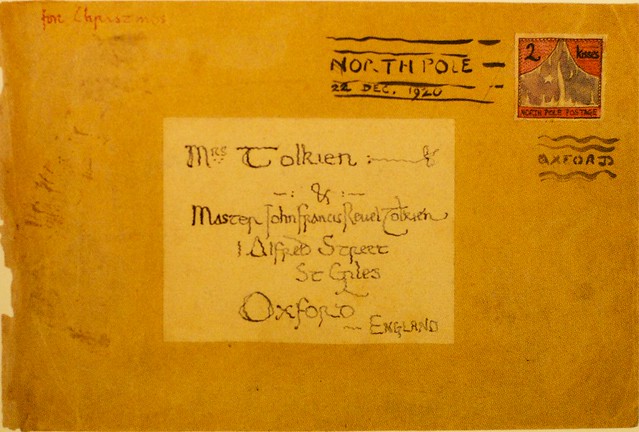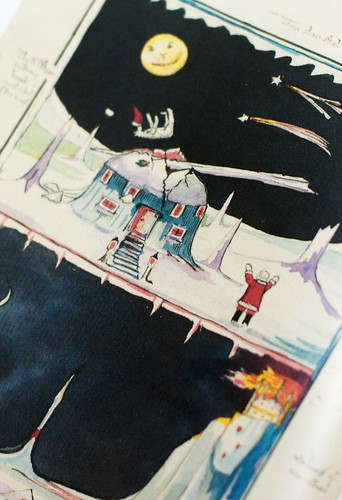Gingerbread geekery is now firmly established as a Christmas tradition (three iterations and all that Christmas jazz), but after
last year's star destroying success, we (Silje, Tor & I, with the occasional encouraging noises from Karoline & Anja) thought we'd change the direction ever so slightly this year. We hereby include
Doctor Who in the box labelled "Christmas worthy".
Being well versed in gingerbread making, we have learnt the value of a good blueprint. And the internet being what it is, we found one for both
the TARDIS and
Daleks.
Tor also appropriated the measuring device from my mother's knitting kit, and a triangular one from my sister's long abandoned maths stash; and so we set to work.
Still a bit bruised by the utter gingerbread dough disaster that was 2012, we bought the dough ready made this year as well, but that does not mean there was no work involved. While Tor may have been the brains of the operation, I want it noted that I was the muscle.
Stop laughing.
We have yet to learn that gingerbread is an agent of chaos, however; measuring is still very much something we do both
before and
after baking. The universe refuses to conform to our orderly impulses, probably due to the anarchic influence of the Doctor.
The TARDIS was surprisingly simple to make (we assume the "bigger on the inside" happens once decorations are complete), the only caveat being that you must divide the doors before ...





« ‹ › »